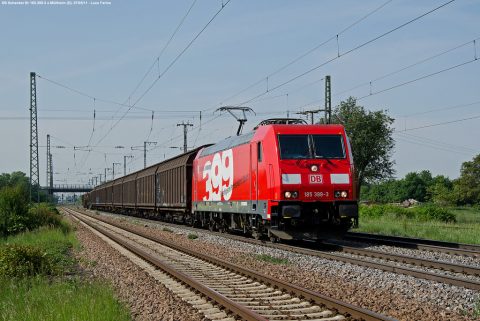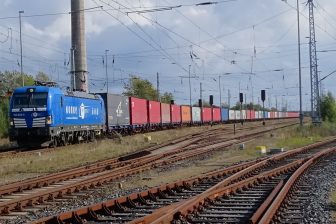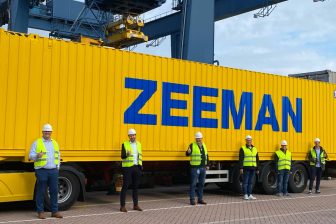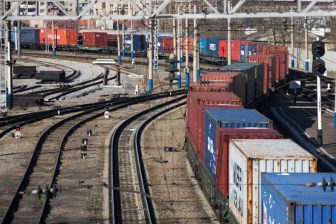
‘Deutsche Bahn must let go of DB Schenker’
Deutsche Bahn must let go of its logistics subsidiary DB Schenker and strictly separate managing the German railway network from its own rail operations, such as freight transport.
This is what the Bundesrechnungshof, the ‘General Court of Audit’ of Germany, has stated in an intermediate opinion on the structure of Deutsche Bahn (DB) on the Bundestag. The Rechnungshof is not happy at all about the way the German state and state-owned enterprise DB have dealt with important structural questions about the railway company.
Core targets not met
Both have not achieved the “core objectives of rail reform, which started 25 years ago”, says President of the Court, Kay Scheller. According to him, the state must now make clear what the railway company really wants.
According to Scheller, rail infrastructure in Germany is being expanded and railways with its range of services for travelers and freight transport contribute to the overall benefit. Therefore, “unnecessary” group components, such as logistics service provider and freight forwarder DB Schenker, must be disposed of. Also, international rail carrier Arriva could be releases, as far as Scheller is concerned.
Proceeds
Both of these subsidiaries do not contribute to the corporate goals in the eyes of Scheller. The proceeds of privatising these divisions can be used, for example, for investments in new equipment and for partial repayment of the approximately twenty billion Euros of debts the company has. Scheller points out that DB Schenker absorbed 12 million Euros of the group’s income in the financial year 2017 and thus did not contribute to the profit in that year.
He further notes that DB Schenker and DB Cargo, although both part of stateholding DB AG, are constantly reaping eachother’s benefits. According to Scheller, the state, and therefore rail transport in and through Germany, benefits too little from the international activities that group companies such as DB Schenker have developed.
Profit machine
The president of the court also believes that the state must now clearly state whether it sees rail transport as a profit machine, or as a service of general interest. For example, Berlin should consider a separation of infrastructure management and rail operations on that network.




